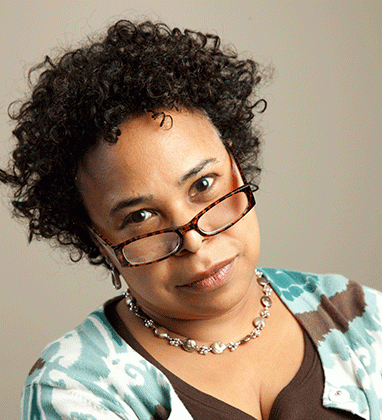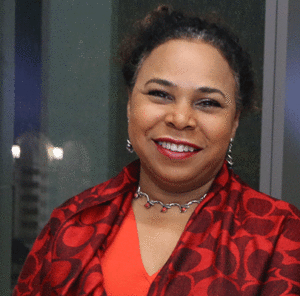
Honored for both her teaching and her research, University of Oregon Knight Law School professor and the Center for the Study of Women in Society’s very own director Michelle McKinley is a multiple award winner this spring season. In short order, Dr. McKinley has racked up a teaching award, a book award, and an honorable mention.
In early April she was awarded the 2017 Judy Ewell Award for the Best Publication in Women’s History, presented by the Rocky Mountain Council for Latin American Studies (RMCLAS). This honor came for her recent book publication Fractional Freedoms: Slavery, Intimacy, and Legal Mobilization in Colonial Lima, 1600-1700 (Cambridge University Press, 2016: Studies in Legal History series). Additionally, the Law and Society Association selected her to receive an Honorable Mention for the J. Willard Hurst Prize for this book.
In mid-April, the UO Knight Law School’s faculty personnel committee announced that she is the recipient of the 2017 Orlando J. Hollis Teaching Award, the law school's highest teaching honor.
From the law school committee’s statement: “The annual Hollis Award is based on nominations from students, faculty, and administrators, and other indicia of excellence in classroom teaching. Here are a few highlights from Professor McKinley’s nominations:
“‘When Professor McKinley is teaching, she is a force in the classroom. Her teaching style is genuine, probing, intellectual, and inclusive. She has the unique ability to question students’ preconceived notions without alienating them.’CSWS, the School of Law, and other UO units will host a book celebration to honor Dr. McKinley and to showcase Fractional Freedoms: Slavery, Intimacy, and Legal Mobilization in Colonial Lima, 1600-1700 on May 25 at the Knight Law School building.“‘As an instructor, Professor McKinley creates an inclusive learning environment while challenging students in thought-provoking discussions merging theory and practice.’
“‘In both classes [International Law and Immigration Law], her critical analysis of international relations, politics, and policy challenged me to think seriously about issues from a variety of perspectives, not just my own.’
“‘She is a warm and engaging professor with a sharp and witty mind.’
“‘As a teacher and as my mentor, I am forever grateful for the impact that she has had in my life.’”


